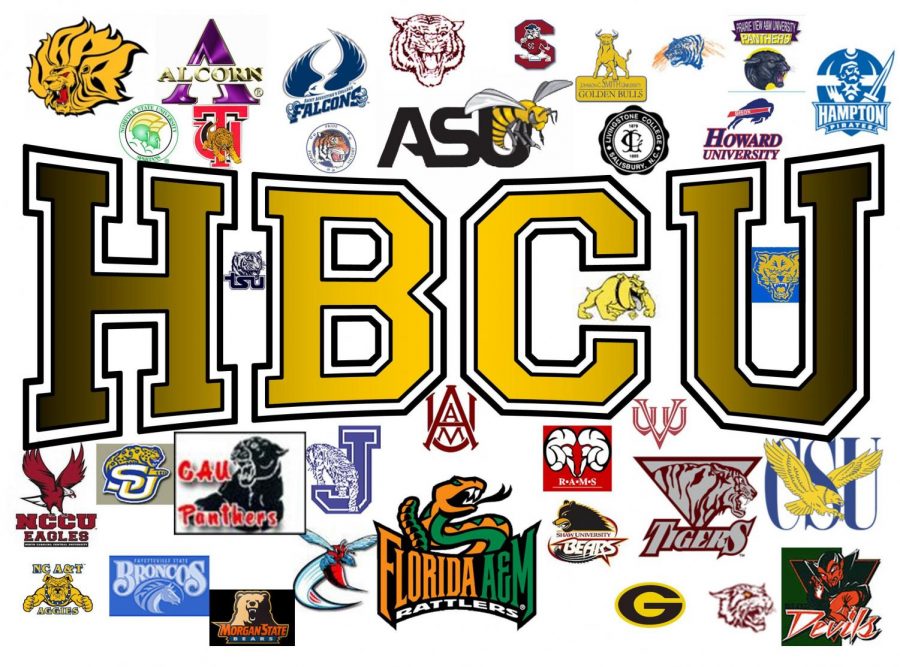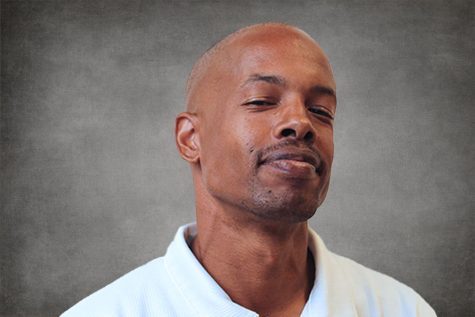College tours expose African-American culture
This year, 12 Contra Costa College students will tour some of the 101 historically black colleges and universities (HBCU).
Feb 28, 2018
The opportunity to set foot on any of the 101 remaining historically black colleges and universities (HBCU) in the U.S. is something that many students do not get to experience when making the decision to transfer to an institute of higher learning.
Last year, the first year Contra Costa College sponsored an HBCU tour, six CCC students got the opportunity to visit educational institutions and historic sites throughout the southeast with the Historical Black College and University Tour.
This year, the program will double its outreach by taking 12 students on the now annual tour.
“A historically black college provides all students with the opportunity to have a cultural experience as well as an academic experience. It allows them to open up their opportunities and to think outside the East Bay box and see something else in the world,” Transfer Coordinator Andrea Phillips said.
“Last year was the first year through the student equity fund that we were able to take a group of six students on the trip. One of the six got into Howard (University) and the others are still here and are preparing to transfer this year.”
Slated to leave March 25 and return on March 31, students will experience, cost free, an educational environment that supports their success.
The cost of the tour, which is $1,599 per student, will be paid by the CCC Student Equity Fund and covers the round-trip plane ticket from Oakland to Atlanta, hotel accommodations, as well as breakfast, lunch and dinner.
The cost to chaperon the tour is $1,899.
Phillips, who is also a CCC counselor, said the experience is not just for African-American students and that there are a number of non-black students who are planning to attend the tour.
“These are not just African-American students, they are from all walks of life studying all different types of majors. One of the things that we were really trying to promote is that HBCUs are open to all students,” Phillips said. “Last year, some of the admission personnel from the HBCUs were Latinas from California who attended HBCUs and enjoyed the experience so much that they stayed and ended up working there in outreach and recruitment.”
The tour traverses three states on its six-day excursion with stops at seven universities in Georgia, Louisiana and Florida.
Students will also have the opportunity to visit historic sites with guided tours included in the travel package.
African-American studies major Dierra Mize attended the tour last year and although she enjoyed the tour and the exhibits, there was more that she got from the experience.
“The best part was the friendships that I made with people from CCC who went on the tour with me,” Mize said. “We became so close and still keep in touch with each other.”
Currently, the California community college system has articulation agreements with 35 HBCUs so students looking to transfer to those colleges with associate degrees will have their general education and application fees waived.
“There are a lot of opportunities between California community colleges and some of the HBCUs,” Phillips said.
At CCC, Phillips holds seminars and workshops to inform students of the opportunities that are available at HBCUs, but many of the events have low attendance.
“I heard about the trip through email but knew I wasn’t going to attend an HBCU, so I didn’t go with one of my friends,” sociology major Tracee Ward said. “I’m comfortable here. I don’t have to pay rent.”
Phillips also teaches Counseling 103B (Ensuring Transfer Success) during the winter intersession as a way to relieve some of the guesswork surrounding making the decision to select the right college to attend.
“For some students, HBCUs still seem so far away,” Phillips said. “Many students just don’t know. I’ve had students ask me if there are any HBCUs in California.”
At HBCUs, students get to see faculty and staff who have a vested interest in their overall well being.



